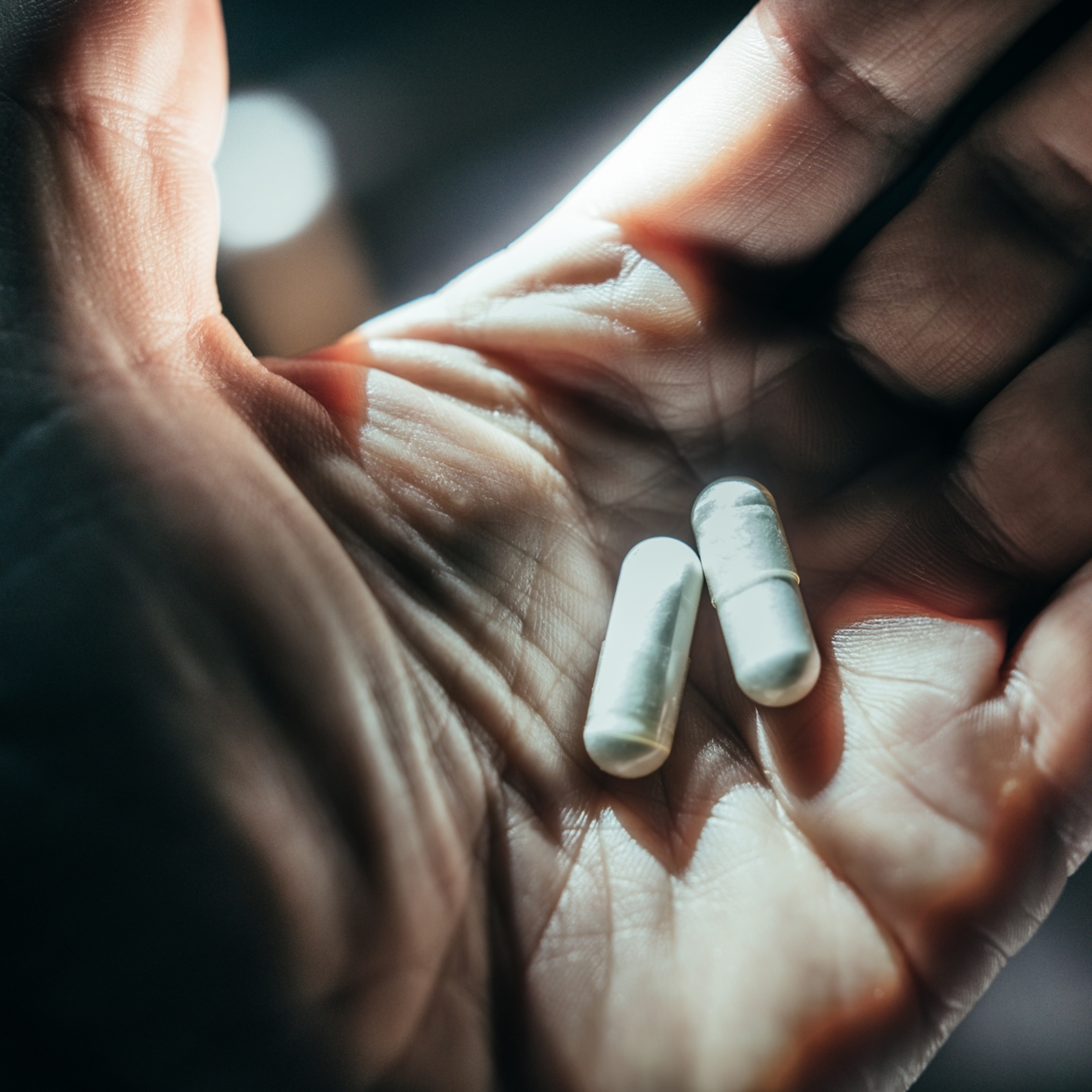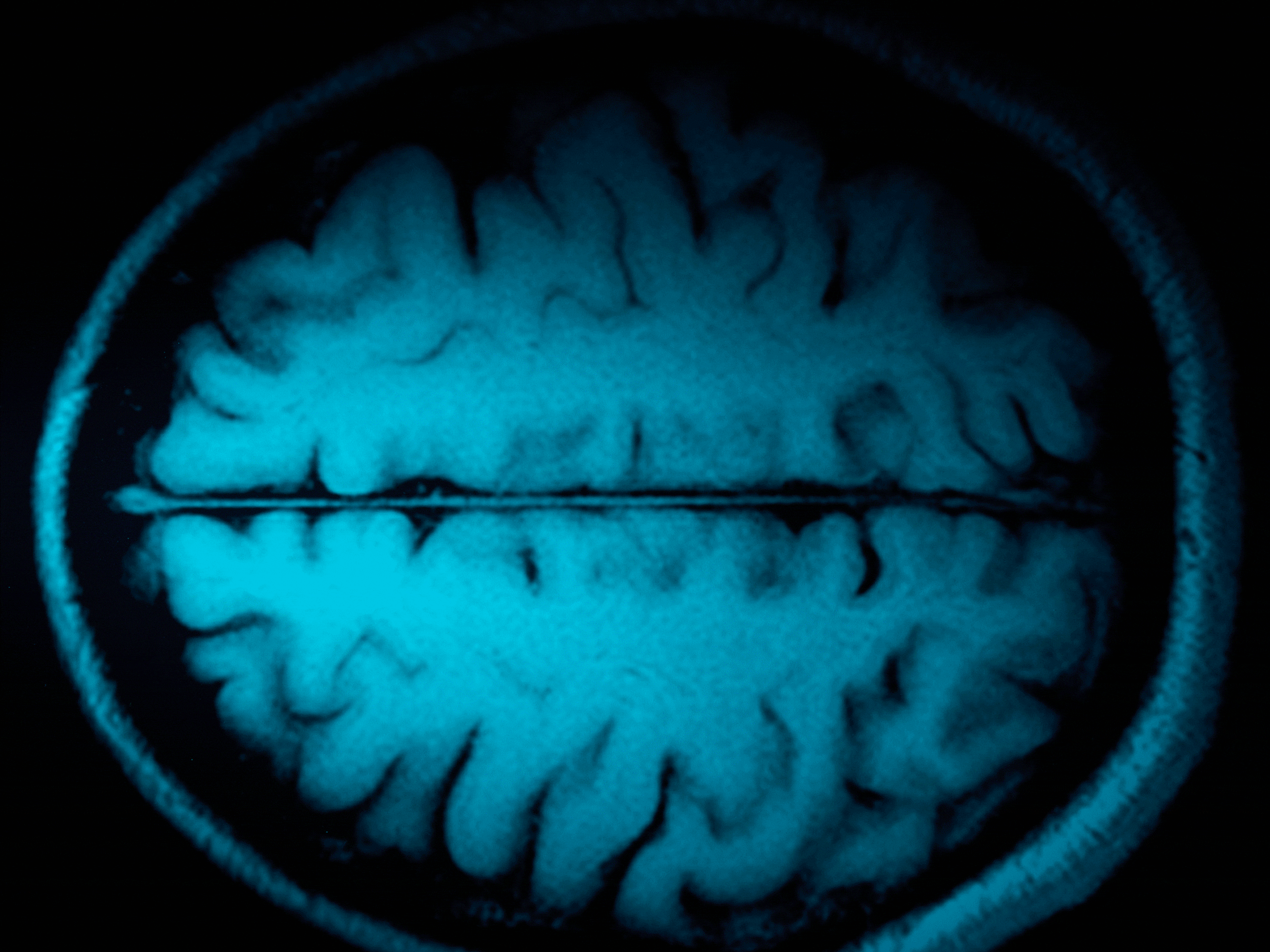Do natural adaptogens like ginseng actually combat stress?
Though adaptogens—ashwagandha, rhodiola, tulsi, and schisandra—are generally well tolerated, doses vary and they are not regulated by the FDA.

Wouldn’t it be amazing if you could swallow a pill or tincture and make your body and mind resistant to the toxic effects of stress? Some people are hoping adaptogens can help in this respect.
Adaptogens are herbs, roots, or other plant parts that, when consumed, are believed to neutralize the effects of stress on the body and restore the body to a state of balance (homeostasis). Common ones include ashwagandha, ginseng, rhodiola, tulsi (holy basil), and schisandra, among others. They can be taken in capsule form or tinctures, in teas or as a powder that’s added to smoothies and other foods. In parts of Asia, people have been using adaptogens for centuries to treat a variety of ailments. In the United States, some medical experts are beginning to recognize the value of these supplements as mounting scientific evidence supports their use.
“Adaptogens are a unique group of herbal ingredients that are used to improve the health of your adrenal system, which is in charge of managing your body’s hormonal response to stress,” explains Frank Lipman, a physician specializing in integrative and longevity medicine in New York City and author of the books How to Be Well and The New Rules of Aging Well. “They help strengthen the body’s response to stress and enhance its ability to cope with anxiety and fight fatigue slowly and gently without jolts or crashes.”

A double-blind study published in a 2023 issue of the Journal of Integrative and Complementary Medicine found that taking ashwagandha supplements on a nightly basis led to improvements in depression and anxiety, by increasing serotonin levels, among 70 participants. Another 2023 study showed that ashwagandha inhibits the production of certain cytokines (signaling proteins) that boost inflammation in response to unpredictable stress.
“We know stress impacts pain, sleep, blood sugar levels, blood pressure, immune function, and inflammation in the body,” says Linda Chun, an integrative health physician and clinical assistant professor of internal medicine at The Ohio State University Wexner Medical Center and College of Medicine. “Combine this with increasing interest in use of complementary therapies, and it’s unsurprising that more people are exploring [use of] adaptogens for their health.”
Indeed, the global market for adaptogens was $10.3 billion in 2021 and it is projected to reach $20.3 billion by 2031, according to Allied Market Research.
What do adaptogens actually do?
While specific adaptogens purportedly have different actions on the body and mind, the common denominator is they adjust the body’s stress response.
“Adaptogens can relieve stress by restoring balance back to the areas of the body that are out of balance—for example, when [the stress hormone] cortisol is too high or too low, you'll feel stressed and fatigued,” explains Will Cole, a functional medicine expert based in Pennsylvania who consults via telehealth and author of The Inflammation Spectrum: Find Your Triggers and Reset Your System. “Certain adaptogens can calm stress levels by regulating the brain-adrenal connection [a.k.a., the hypothalamic-pituitary-adrenal, or HPA, axis], which governs the cortisol rhythm.”
To be clear, adaptogens don’t actually reduce or block stress—they increase someone’s resistance to stress, whether it’s physical or psychological, says Yufang Lin, an integrative medicine specialist at The Cleveland Clinic. “They smooth out the associated highs and lows [of the stress response], thus reducing the excess anxiety that’s associated with stressful events and stress-related fatigue.”
“Adaptogens may also help relieve pain, which itself is a stressor on the body, and it can help calm our nervous system down,” says Dana Ellis Hunnes, a clinical dietitian and an assistant professor of community health sciences at the UCLA Fielding School of Public Health.
Here's a look at specific adaptogens that have the most scientific evidence supporting their use:
Ashwagandha: An herb commonly used in Ayurvedic medicine, ashwagandha (a.k.a., Withania somnifera) has been shown to have anti-inflammatory, antioxidant, antistress, and rejuvenating properties. It is a relaxing adaptogen that can ease stress and help people sleep better, says Lin. “Regular use normalizes cortisol levels, reduces the stress response, improves energy, and reduces fatigue.”
Of all the adaptogens, the one that currently has the most scientific support is ashwagandha. In a randomized, double-blind study in the journal Medicine, healthy adults who reported high stress levels took 240 mg of ashwagandha extract or a placebo once a day for 60 days. At the end of the study, the ashwagandha group experienced significant reductions in their anxiety levels and a more moderate reduction in their depression and stress levels, based on their responses to surveys.
Similarly, a double-blind, randomized control trial, in a 2022 issue of the Journal of Medicinal Food, found that college students who took one capsule of ashwagandha twice a day (700 mg total) for 30 days experienced improvements in their perceived well-being, greater mental clarity, and better sleep quality, compared to those in the placebo group.
Asian ginseng: Native to the Far East, Asian ginseng (or, panax ginseng) has been used for various health ailments for thousands of years. These days, people often use it to enhance well-being, increase energy, improve cognitive performance, or relieve stress or anxiety. Indeed, research in mice found that panax ginseng exerts antidepressant effects, while research involving rats suggests that panax ginseng may be especially helpful in reducing chronic stress.
“It’s a stimulating adaptogen—and it can be too stimulating for some people and can contribute to insomnia,” Lin says.
Rhodiola (rhodiola rosea): An herb often used in medicine in Eastern Europe and Asia, rhodiola can reduce fatigue, improve energy, and mental capacity, and increase resistance to environmental stressors. “It tends to normalize cortisol levels and help [with] burnout,” says Lin, “but in excess it can be too stimulating and can cause some anxiousness.”
A review in a 2023 issue of the British Journal of Nutrition found that taking various doses of rhodiola rosea supplements an hour before exercising may prolong the time to exhaustion and improve time-trial performance during cycling sprints among recreational exercisers. Another study found that when adults took 400 mg of rhodiola rosea extract daily for 12 weeks, they experienced improvements in their mental reaction times, attention, and allocation of mental resources on a neuropsychological test.
Schisandra: It comes from the fruit of a shrub that’s native to northern China and the Far East, and it’s been used in Traditional Chinese Medicine as a toning adaptogen—to restore normal function of various body systems, enhance mental function, and improve physical stamina. While many of the studies on schisandra have been done on stressed out mice, some research has shown that schisandra has antidepressant-like effects and cognitive enhancement properties—and that it can modulate activity in the HPA [hypothalamic-pituitary-adrenal] axis.
“Schisandra is a really powerful, and in my opinion underutilized, adaptogen that can combat chronic stress and adrenal fatigue,” says Cole. “Schisandra corrects [hypothalamic-pituitary-adrenal] axis dysfunction in order to help the body return to a state of balance, or homeostasis. Ideally, that means cortisol starts high in the morning to help you wake up, but tapers off throughout the day as the body prepares for sleep.”
Tulsi (“holy basil”): An aromatic plant that’s used in Ayurvedic medicine, tulsi is taken “for its anti-stress, anti-anxiety effects,” Lin says. A review of 24 studies found that tulsi has therapeutic effects on psychological stress, neurocognition, and metabolic disorders in humans. And a randomized, double-blind study in a 2022 issue of Frontiers in Nutrition found that adults who took 125 mg of holy basil twice a day for eight weeks reported lower perceived stress and better sleep quality than those who took a placebo.
The bottom line(s)
Generally, “adaptogens are well tolerated by most people,” Cole says. But it’s important to remember that in different forms of adaptogens—such as capsules, tinctures, and teas—the doses can vary widely (in general, capsules contain a higher dose than teas do).
These products are not regulated by the U.S. Food and Drug Administration so it’s important to look for those that have a certification from U.S. Pharmacopeia (USP) or another trusted organization that assesses herbal products, Hunnes says.
Before using an adaptogen, talk to your doctor about whether it’s a good idea for you. Some adaptogens—such as ashwagandha, ginseng, and schisandra—should be avoided during pregnancy, Lin says.
And some adaptogens, along with other botanical supplements, could have worrisome interactions with certain prescription medications including antidepressants, antipsychotics (which are sometimes used to treat sleep problems), and immunosuppressive drugs, Hunnes says. In some instances, “they could decrease the ability of a medication to do its job.” In others, an adaptogen could potentially make a drug more potent, leading to problematic side effects.
Ultimately, adaptogens won’t fix the stress in your life and they shouldn’t be the only approach you use to relieve stress, experts say. If you use them, it’s best to consider them as a way to help establish inner calm, in addition to relying on exercise, social support, sufficient sleep, relaxation techniques, and other strategies to protect yourself from the insidious effects of stress.







